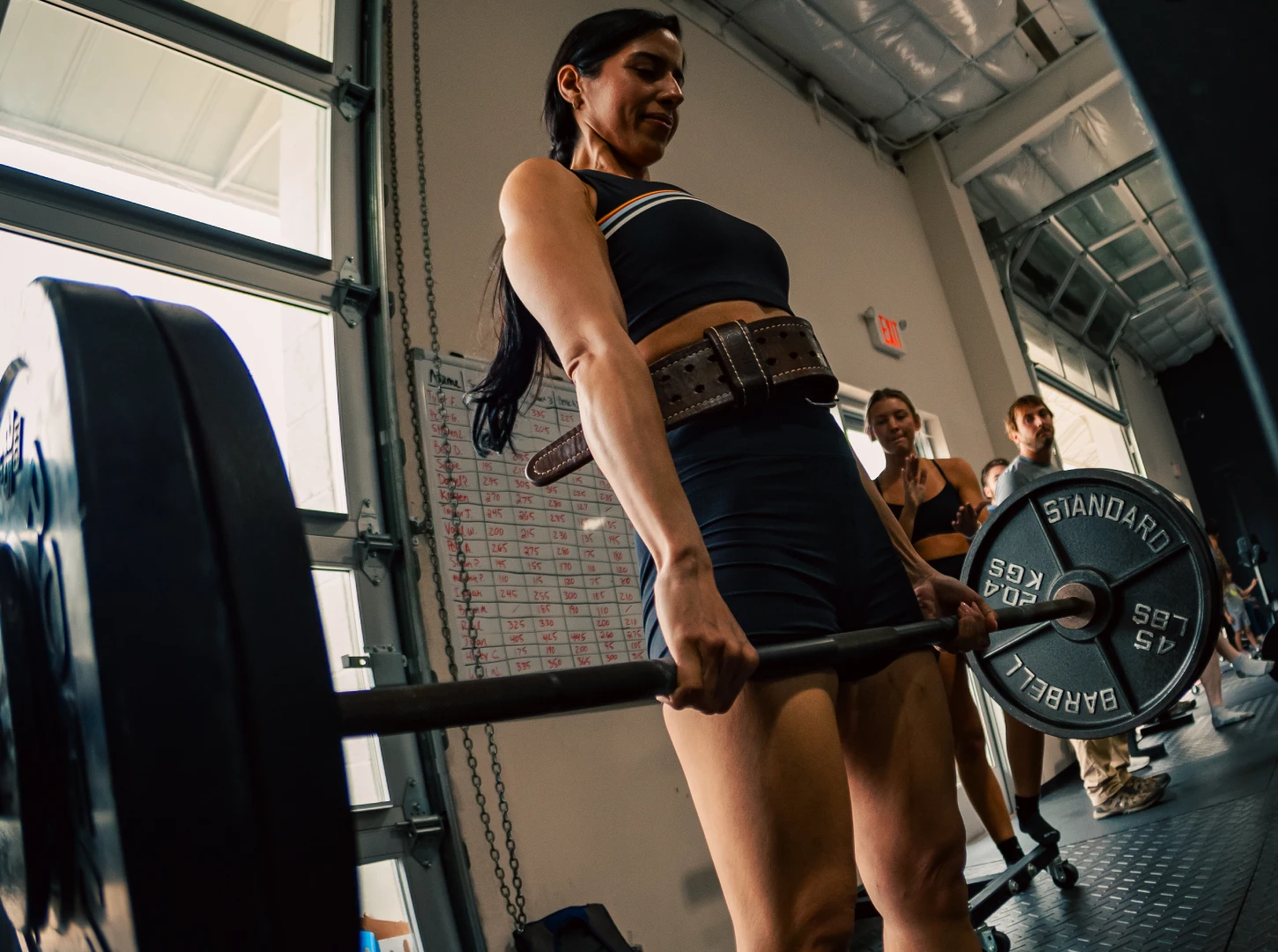As we age, our bodies go through natural changes that affect muscle mass, bone density, and metabolism. For women over 40, these changes can sometimes feel discouraging, but the right fitness routine can make a world of difference. One of the most effective ways to stay strong, energetic, and healthy is through strength training for women over 40. This type of exercise is not just about building muscle; it’s about enhancing overall wellness, boosting confidence, and improving quality of life.

Why Strength Training Matters After 40
After the age of 40, women may notice a gradual decline in muscle mass, often accompanied by an increase in body fat. This is largely due to hormonal changes and a natural slowdown in metabolism. However, strength training over 40 can counteract these changes by:
- Preserving muscle mass: Lifting weights or using resistance bands helps maintain and even build lean muscle, which is vital for daily strength and mobility.
- Improving bone health: Weight-bearing exercises stimulate bone growth, reducing the risk of osteoporosis.
- Boosting metabolism: Muscle tissue burns more calories at rest, aiding in weight management.
- Enhancing mood and energy: Strength training triggers the release of endorphins, helping to combat stress and improve mental well-being.
For women seeking a sustainable and effective approach to fitness, strength training for women over 40 is a key component of a holistic health plan.
Getting Started with Strength Training Over 40
Starting a new fitness routine can feel intimidating, especially if it involves lifting weights or trying unfamiliar exercises. Here’s a beginner-friendly approach to strength training over 40:
- Start with bodyweight exercises: Squats, lunges, push-ups, and planks are excellent ways to build strength without heavy equipment.
- Incorporate resistance bands: These are perfect for low-impact workouts and help target multiple muscle groups.
- Gradually add weights: Start with light dumbbells and focus on proper form to avoid injury.
- Consistency is key: Aim for 2–3 strength training sessions per week, complemented by cardiovascular exercise and flexibility work.
Even a modest commitment to strength training for women over 40 can produce visible results in just a few weeks. The key is patience and persistence.
Common Myths About Strength Training Over 40
Many women hesitate to engage in strength training because of common misconceptions. Let’s debunk some of these myths:
- Myth 1: Strength training will make women bulky.
Reality: Women naturally have lower testosterone levels than men, making it difficult to gain excessive muscle mass. Strength training helps tone the body and improve definition, not bulkiness. - Myth 2: Strength training is unsafe after 40.
Reality: With proper guidance and technique, strength training is safe and highly beneficial for women of all ages. Starting slow and gradually increasing intensity reduces the risk of injury. - Myth 3: Cardio is enough for fitness over 40.
Reality: While cardio improves heart health, it doesn’t prevent muscle loss. Strength training is essential for maintaining strength, mobility, and metabolic health.
Understanding the benefits and myths of strength training over 40 empowers women to take control of their health and fitness journey.
Tailoring Strength Training for Women Over 40
Every woman’s body responds differently to exercise, so it’s important to personalize a strength training plan. Some factors to consider include:
- Fitness level: Beginners should focus on foundational exercises, while more experienced women can explore advanced techniques like circuit training or HIIT with weights.
- Health conditions: Women with joint issues or osteoporosis should choose low-impact exercises and seek professional guidance when needed.
- Goals: Whether your aim is fat loss, muscle toning, or overall vitality, your strength training program should reflect your objectives.
Incorporating strength training for women over 40 doesn’t have to be complicated. Even 20–30 minutes per session can yield significant benefits if done consistently.
The Role of Nutrition and Recovery
Strength training is only one piece of the puzzle. Proper nutrition and recovery are equally critical. Women over 40 should prioritize:
- Protein intake: Supports muscle repair and growth. Include sources like lean meats, eggs, beans, and plant-based proteins.
- Calcium and vitamin D: Essential for bone health, especially when paired with weight-bearing exercises.
- Hydration: Helps maintain energy levels and aids in recovery.
- Rest days: Muscles grow and repair during recovery, making rest an essential component of any program.
By combining strength training over 40 with a balanced diet and adequate rest, women can optimize results and enjoy long-term health benefits.
Why Choose Ballatore Strength
For women ready to embrace strength training for women over 40, expert guidance can make a significant difference. Ballatore Strength specializes in programs tailored for women in this age group, focusing on safe, effective, and empowering training routines. Their approach ensures that every workout is designed to improve strength, mobility, and confidence while minimizing risk.
Whether you’re a beginner or have been training for years, Ballatore Strength offers personalized plans, expert coaching, and a supportive community to help you achieve your fitness goals.
Call to Action
If you’re ready to transform your health and fitness, there’s no better time than now. Begin your journey with strength training over 40 and discover the benefits of increased energy, stronger muscles, and improved confidence. Explore the programs at Ballatore Strength today and take the first step toward your healthiest self.
Conclusion
Aging doesn’t mean slowing down. On the contrary, strength training for women over 40 provides a unique opportunity to become stronger, healthier, and more confident than ever before. By embracing a structured strength training routine, tailoring it to your needs, and combining it with proper nutrition and recovery, you can enjoy long-term benefits that extend far beyond the gym.